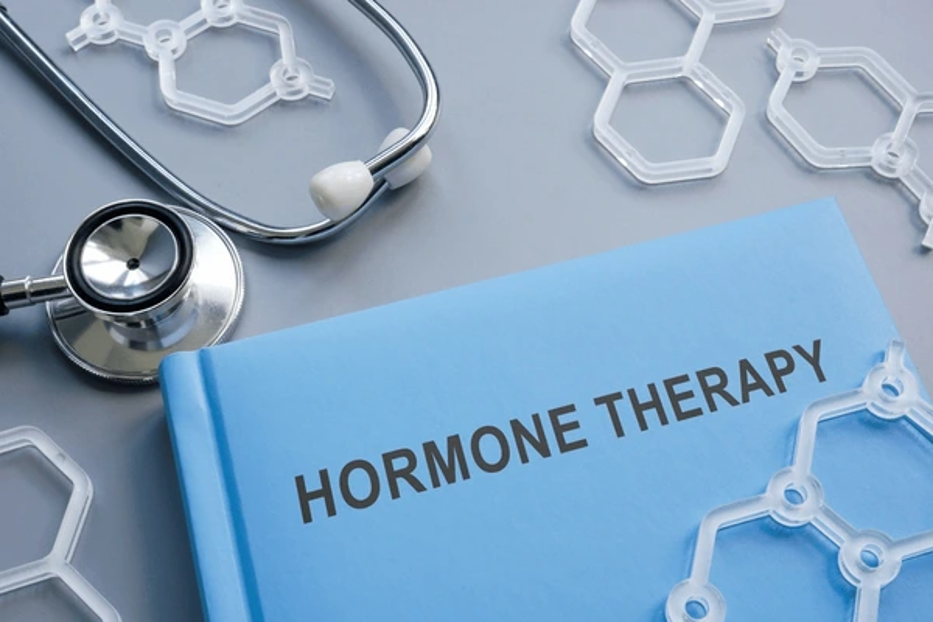Hormones influence nearly every facet of your well-being, so if you’ve noticed unexplained changes in mood, weight, energy, or sleep, hormone imbalances could be the underlying cause. Testosterone, estrogen, and thyroid hormones are especially pivotal. They regulate metabolism, reproductive health, and even mental sharpness. Here’s how regular hormone testing helps you understand your body’s signals and stay ahead of potential health issues, especially concerning too high and too low testosterone levels:
What Can Testing Tell About Your Hormone Levels?
Knowing your levels gives insight into more than fertility. Hormone imbalances can point to underlying health issues, including metabolic changes, heart disease risk, and mental health shifts. Early detection through testing means earlier management and fewer surprises.
Routine screenings are a key way to track your health. Blood tests for hormones can reveal imbalances before symptoms worsen. These tests also show how life changes, medications, or aging may impact your hormone baseline.
What Imbalances Commonly Impact Men?
Men face unique challenges when their hormones shift, especially with testosterone. Low testosterone is a fundamental health concern for many men, impacting physical, emotional, and sexual function.
Low testosterone affects mood, strength, energy, and even sleep. These effects can lead to symptoms like muscle loss, fatigue, or decreased libido. Recognizing the underlying factors can help you and your provider create an effective plan. Some possible causes of lower testosterone levels in men include:
- Developmental abnormalities
- Pituitary gland disorders
- A family history of low testosterone
- Infection or injury to the testes
How To Manage Low Testosterone
Hormone Replacement Therapy (HRT) can be a highly effective solution for men dealing with low testosterone. By restoring testosterone levels to a healthy range, HRT helps alleviate many of the symptoms associated with testosterone deficiency. Men often experience improved energy levels, enhanced mood, increased muscle mass, and a boost in libido after starting treatment.
What Imbalances Commonly Impact Women?
Women’s hormone health also changes over time. High testosterone, particularly from conditions like Polycystic Ovary Syndrome (PCOS), can influence reproductive function and daily energy. PCOS is a fundamental reason some women produce more androgen (male hormones) like testosterone. It can cause irregular periods, excessive hair growth, acne, and difficulty with weight management. Some factors linked to high testosterone and PCOS include:
- Obesity or being overweight
- A family history of PCOS
- Excess androgen production
How To Manage PCOS
Managing PCOS involves more than symptom monitoring. Strategies may include dietary changes, physical activity, and certain medications. Working with a healthcare provider helps your treatment plan evolve as your needs do. Birth control is commonly prescribed to help manage the symptoms of PCOS because it addresses several key hormonal imbalances through progestin therapy. By stabilizing hormone fluctuations, these pills help lower the risk of irregular or absent periods. Birth control may reduce androgen-related symptoms like unwanted hair growth by suppressing the ovaries’ production of androgens.
Test For Low Testosterone and Other Levels Today
Keeping track of hormone health is key for lasting wellness. Regular checkups empower you to take control of your health and address concerns early. If you experience symptoms or have risk factors detailed above, schedule a hormone assessment. Proactive testing helps you partner with your healthcare team for sustained energy and health.





Leave a Reply